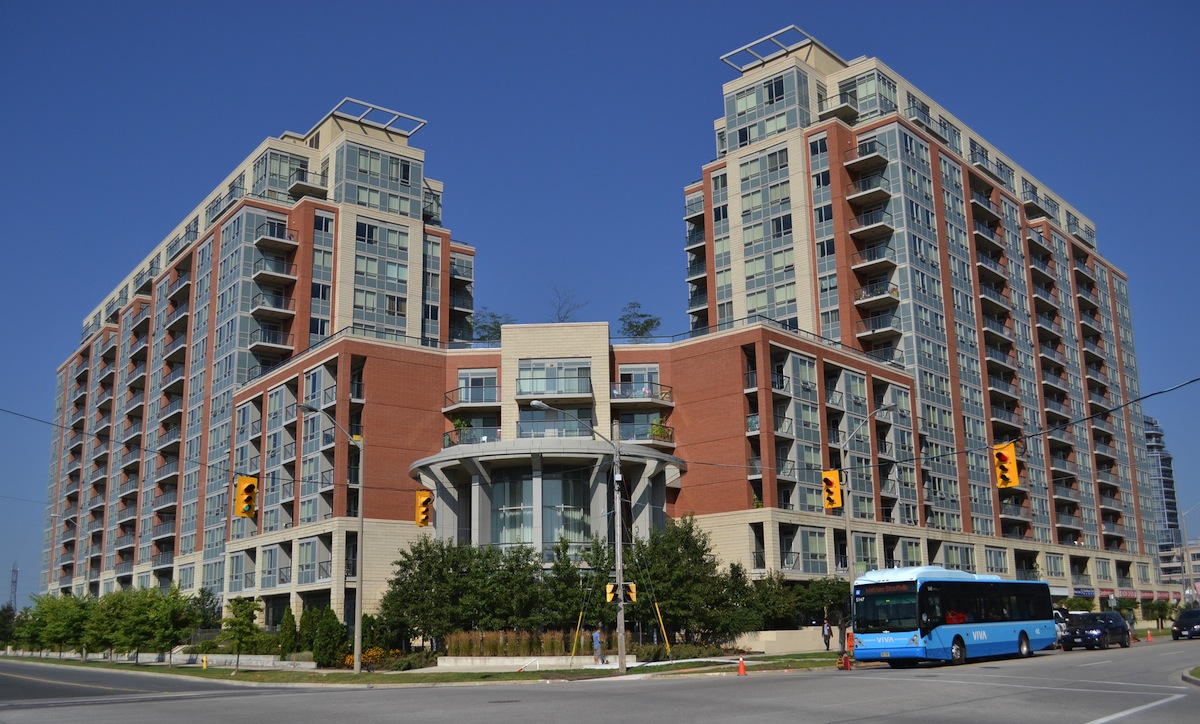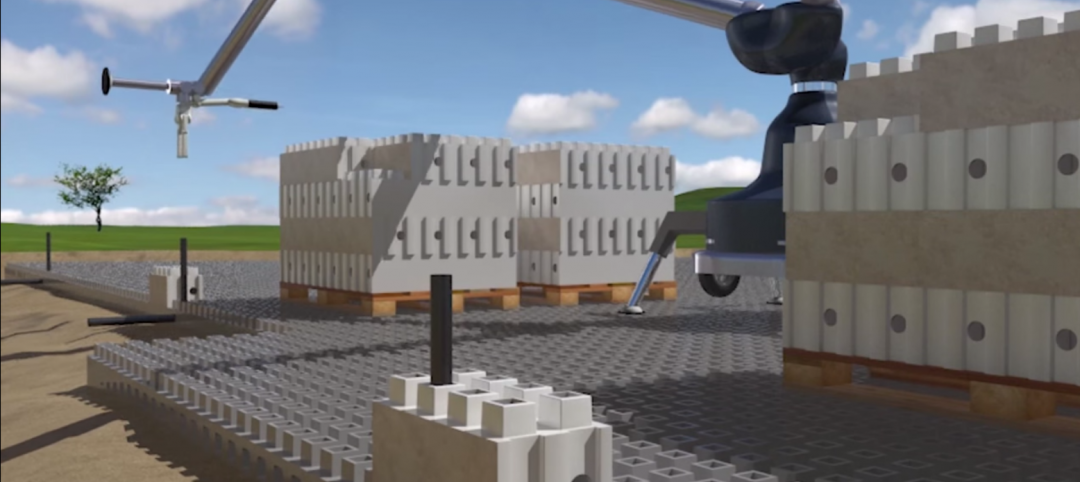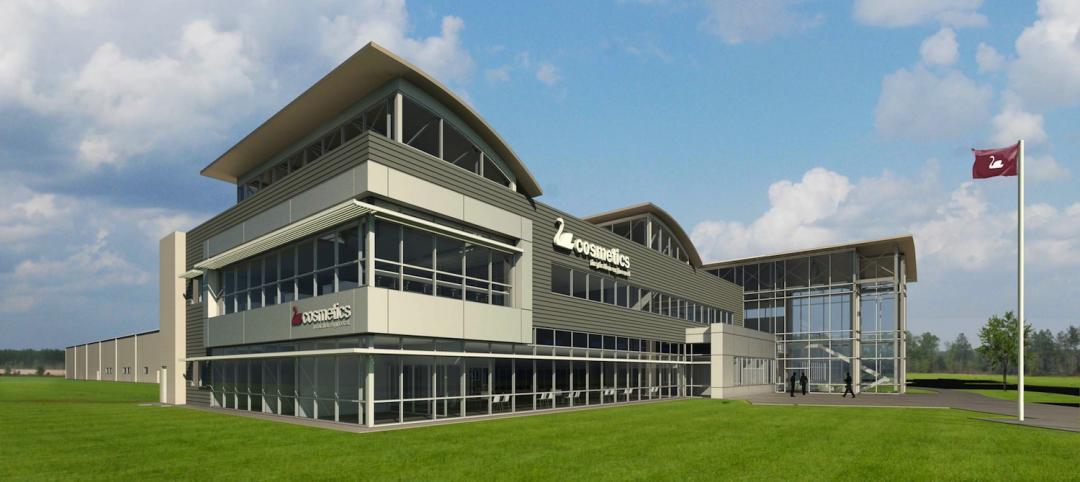The number of design projects, gross square footage, and net-zero energy projects has increased as part of the American Institute of Architects 2030 Commitment. Reaching carbon neutral buildings by the year 2030 is countered, however, by a small percentage of projects that met the 60% carbon reduction target for 2014.
It was determined in this report that nearly half of energy-modeled projects met or came close to meeting 2014 carbon reduction targets. Energy modeling allows architects to be more ambitious with energy-saving in their design projects.
“As an architect, the only way that you have options to make major changes to your design projects is by using energy modeling early in the design process,” said AIA 2030 Working Group member, Nathan Kipnis, FAIA. “Otherwise, your decisions are locked and limited to making equipment and materials choices in hopes of lowering a building’s energy consumption. Energy modeling gives you the best bang for your design buck.”
“Energy modeling has the potential to be a game changer that can help architects reach carbon reduction targets—but only if there is a move away from using it as a compliance confirmation tool,” said Kim E Shinn, PE, LEED Fellow. “Instead, the key is to start using it as a simulation tool completely interwoven into the design/test/refine cycles from the very beginning, and during the conceptual phase of a project. This helps ensure that architects stay on track to achieve their projects’ energy goals rather than realizing some course correction is needed well into design, perhaps after making some nearly irreversible decisions."
To increase the energy-efficient design literacy among the profession, AIA has partnered with Architecture 2030 to launch an educational program that addresses energy modeling throughout the online continuing education series. Participants can learn what comprises a living energy model that can ultimately lead to a more efficiently designed finished project.
Related Stories
| Jul 11, 2014
Are these LEGO-like blocks the future of construction?
Kite Bricks proposes a more efficient way of building with its newly developed Smart Bricks system.
| Jul 1, 2014
Hyper-speed rendering: How Gensler turns BIM models into beauty shots in seconds
In search of a fast rendering solution, Gensler looked to the gaming and moviemaking industries for the next breakthrough tool: Octane Render.
| Jul 1, 2014
Sochi's 'kinetic façade' may steal the show at the Winter Olympics
The temporary pavilion for Russian telecom operator MegaFon will be wrapped with a massive digital "pin screen" that will morph into the shape of any face.
| Jul 1, 2014
7 ways to cut waste in BIM implementation
Process mapping, split models, and streamlined coordination meetings are among the timesaving techniques AEC firms are employing to improve BIM/VDC workflows.
| Jun 30, 2014
Autodesk acquires design studio The Living, will create Autodesk Studio
The Living, David Benjamin's design studio, has been acquired by Autodesk. Combined, the two will create the Autodesk Studio, which will "create new types of buildings, public installations, prototypes and architectural environments."
| Jun 30, 2014
Report recommends making infrastructure upgrades a cabinet-level priority
The ASCE estimates that $3.6 trillion must be invested by 2020 to make critically needed upgrades and expansions of national infrastructure—and avoid trillions of dollars in lost business sales, exports, disposable income, and GDP.
| Jun 25, 2014
Taking a page from Lean manufacturing for improved design review processes
SPONSORED CONTENT As more building project teams look for ways to collaborate better, technology continues to provide solutions. Yet, as I learned from the experience of one of my customers, choosing the wrong technology can have an underwhelming effect, causing a team to simply swap out old challenges for new ones.
| Jun 18, 2014
Arup uses 3D printing to fabricate one-of-a-kind structural steel components
The firm's research shows that 3D printing has the potential to reduce costs, cut waste, and slash the carbon footprint of the construction sector.
| Jun 10, 2014
Site optimization: Paving the way for smoother land development projects
The biggest cost differential when dealing in site development from one site to another is the earthwork. So, when selecting a site, it is critical to not only take into account the initial purchase price of the property, but also what sort of investment it will take to prep the site for development.
Smart Buildings | Jun 8, 2014
Big Data: How one city took control of its facility assets with data
Over the past few years, Buffalo has developed a cutting-edge facility management program to ensure it's utilizing its facilities and operations as efficiently, effectively, and sustainably as possible.
















